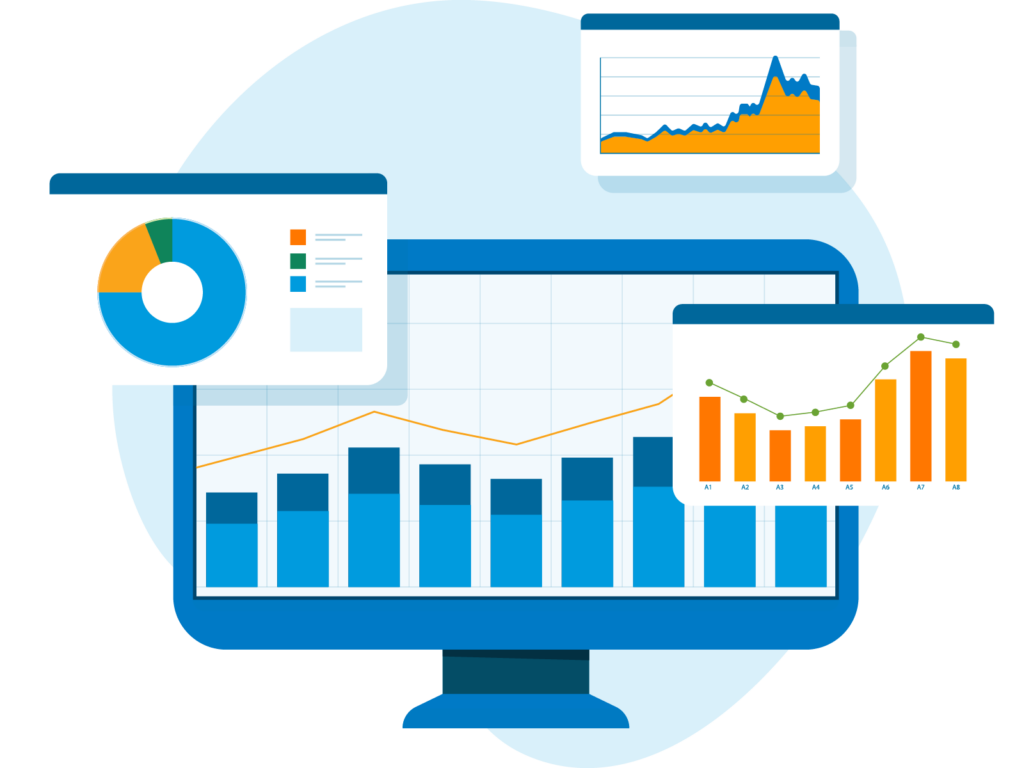TRACS 202D Nuts and Bolts: Voucher Miscellaneous Accounting Requests—New Codes
Jed Graef, Bostonpost Product Manager, provides the latest information on the upcoming TRACS 202D affordable housing industry specification update. For more on the pending TRACS 202D changes, read Jed’s previous post or you can click here for a complete list of Jed’s continuing TRACS 202D coverage.
TRACS 202D brings with it some big changes to Miscellaneous Accounting Requests. The old codes (SERV, DRUG, FORQ, OARQ) remain and will be used as they currently are with three exceptions. The use of OARQ to handle EIV penalties and Repayment Agreements no longer applies. EIV penalties have a new code (EIVP). Repayment Agreements will not be handled as Miscellaneous Requests at all. They are covered by a new voucher record type and will be discussed in the next blog post. The use of the FORQ code to deal with residual receipts offsets is discontinued and the new RESR code is used instead.
There are six new Miscellaneous Request codes. These are listed below with the formal description of each code from the MAT Guide for TRACS 202D.
- RGRC – Adjustment for a Retroactive GRC that includes a UA decrease that drives a requirement to provide a 30-day notice to affected residents. This code can only be used for 75 days from the approval date of the schedule.
- UUTL – Unclaimed Utility Check
- RSPC – Recouped Special Claims Funds
- CEAD – Contract Expiration Adjustment
- EIVP – EIV Penalty. 5% of the voucher is subtracted to cover EIV noncompliance when applicable. Important Note: The amount of the EIV penalty is to be calculated based on the total voucher amount before calculating the penalty and before applying any RESR transaction that may be needed.
- RESR – Residual Receipts. Used to offset part of the voucher billing. See Notice H 2012-14 for instructions pertaining to the use of residual receipts in this context.
 A few words of explanation are in order:
A few words of explanation are in order:
The RGRC code is used for the situation where there is a retroactive gross rent change (GR) that lowers the utility allowance. This has the effect of increasing the tenant rent and requires a 30-day notice of a rent increase. Since the UA change is retroactive, the owner/agent (OA) is out of pocket from the effective date of the GR through the notice period. With HUD or contract administrator (CA) permission, the out of pocket amount can be recovered using this code.
UUTL is used to return utility allowance money to HUD when a negative renter does not cash or fails to pick up a utility reimbursement check. Similarly, RSPC covers the case where a claim has been made for unpaid rent or damages and the tenant subsequently reimburses the property.
CEAD deals with a more complex situation—namely when a subsidy contract expires or the OA opts out. HUD will pay a voucher for the final month of the contract but data submission rules prevent including all of the final month transactions on that voucher. Transactions such as the closeout terminations of all tenants, final month move-ins and move-outs must appear on a voucher after the last one that HUD will pay. However, such vouchers cannot be sent to TRACS as they will be rejected. The proper way to deal with this is to not submit the final month voucher until after you have run one or two subsequent vouchers (whatever is necessary to pick up all remaining transactions). Then include the billing from the subsequent vouchers on the final HUD voucher as a CEAD Miscellaneous Request and send it to your CA or TRACS. Do not submit the vouchers for the month or months after the final month.
The EIVP code simply replaces an OARQ when this situation comes up.
Starting with 202D, the new RESR code replaces the use of FORQ when using residual receipts money to offset some or all of the voucher billing.
HUD is aware that certain HUD notices need to be updated to acknowledge the changes described above. However, the MAT Guide does provide the latest guidance and is expected to be followed after you have updated to 202D software.

MRI Investment Central – Optimizing portfolio performance for tomorrow
Aggregate and analyze portfolio data, manage risk, and delight investors with MRI Investment Central, a real estate portfolio asset management solution. This solution is used by private equity firms, institutional investors, portfolio and fund manage…
